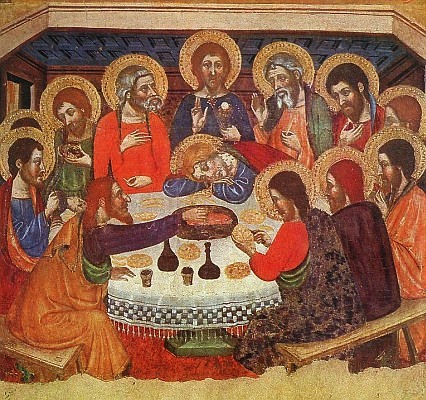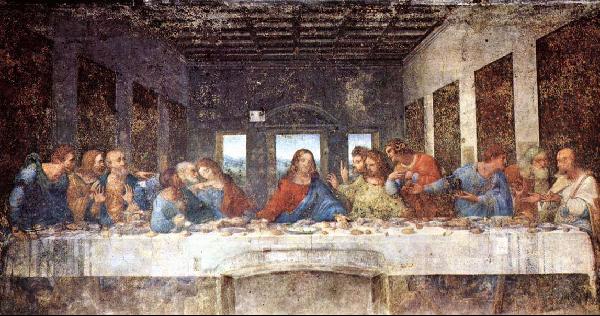Well, since I wasn’t able to post on Easter Sunday, I figured I would at least post about the resurrection sometime this week. So here goes!
This article is from Christianity Today. I encourage you to read more than just the excerpt. 🙂 Enjoy!
——————————–
The bodily resurrection is the good news of the gospel—and thus our social and political mandate.
by N. T. Wright – posted 3/24/2008
There is no agreement in the church today about what happens to people when they die. Yet the New Testament is crystal clear on the matter: In a classic passage, Paul speaks of “the redemption of our bodies” (Rom. 8:23). There is no room for doubt as to what he means: God’s people are promised a new type of bodily existence, the fulfillment and redemption of our present bodily life. The rest of the early Christian writings, where they address the subject, are completely in tune with this.
The traditional picture of people going to either heaven or hell as a one-stage, postmortem journey represents a serious distortion and diminution of the Christian hope. Bodily resurrection is not just one odd bit of that hope. It is the element that gives shape and meaning to the rest of the story of God’s ultimate purposes. If we squeeze it to the margins, as many have done by implication, or indeed, if we leave it out altogether, as some have done quite explicitly, we don’t just lose an extra feature, like buying a car that happens not to have electrically operated mirrors. We lose the central engine, which drives it and gives every other component its reason for working.
When we talk with biblical precision about the resurrection, we discover an excellent foundation for lively and creative Christian work in the present world—not, as some suppose, for an escapist or quietist piety.
Bodily Resurrection
While both Greco-Roman paganism and Second Temple Judaism held a wide variety of beliefs about life beyond death, the early Christians, beginning with Paul, were remarkably unanimous on the topic.
When Paul speaks in Philippians 3 of being “citizens of heaven,” he doesn’t mean that we shall retire there when we have finished our work here. He says in the next line that Jesus will come from heaven in order to transform the present humble body into a glorious body like his own. Jesus will do this by the power through which he makes all things subject to himself. This little statement contains in a nutshell more or less all Paul’s thought on the subject. The risen Jesus is both the model for the Christian’s future body and the means by which it comes.
Similarly, in Colossians 3:1–4, Paul says that when the Messiah (the one “who is your life”) appears, then you too will appear with him in glory. Paul does not say “one day you will go to be with him.” No, you already possess life in him. This new life, which the Christian possesses secretly, invisible to the world, will burst forth into full bodily reality and visibility.
The clearest and strongest passage is Romans 8:9–11. If the Spirit of God, the Spirit of Jesus the Messiah, dwells in you, says Paul, then the one who raised the Messiah from the dead will give life to your mortal bodies as well, through his Spirit who dwells in you. God will give life, not to a disembodied spirit, not to what many people have thought of as a spiritual body in the sense of a nonphysical one, but “to your mortal bodies also.”
Other New Testament writers support this view. The first letter of John declares that when Jesus appears, we shall be like him, for we shall see him as he is. The resurrection body of Jesus, which at the moment is almost unimaginable to us in its glory and power, will be the model for our own. And of course within John’s gospel, despite the puzzlement of those who want to read the book in a very different way, we have some of the clearest statements of future bodily resurrection. Jesus reaffirms the widespread Jewish expectation of resurrection in the last day, and announces that the hour for this has already arrived. It is quite explicit: “The hour is coming,” he says, “indeed, it is already here, when the dead will hear the voice of the Son of Man, and those who hear will live; when all in the graves will come out, those who have done good, to the resurrection of life, and those who have done evil, to the resurrection of judgment.”
(more… )






